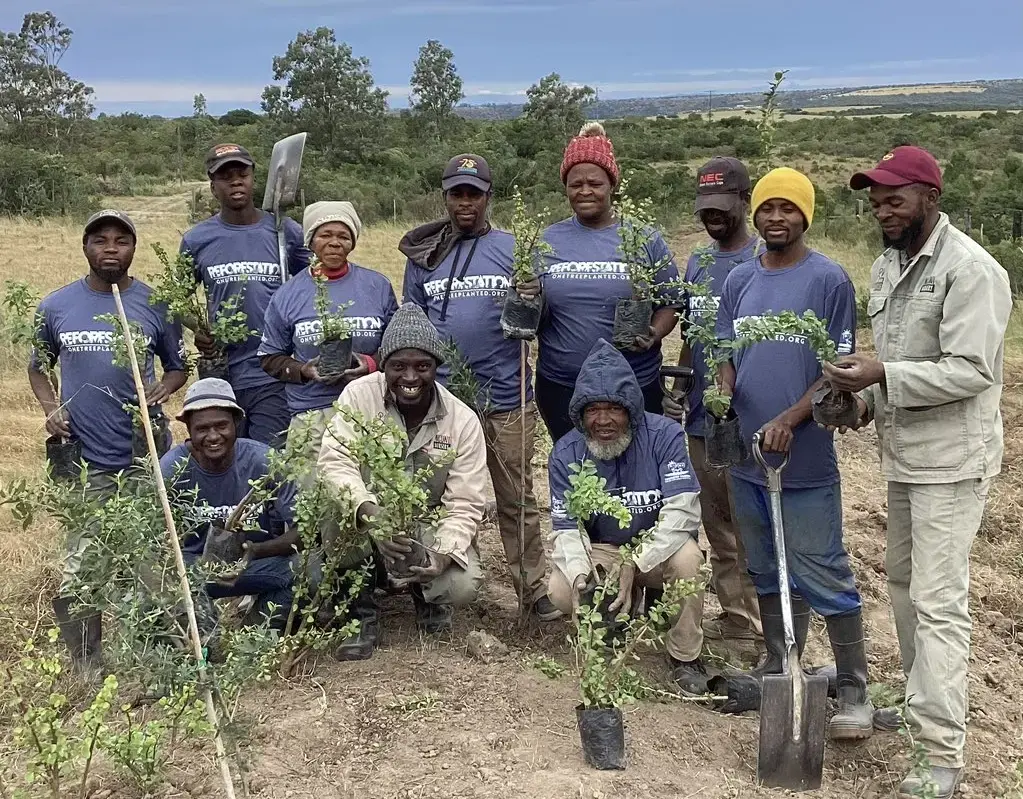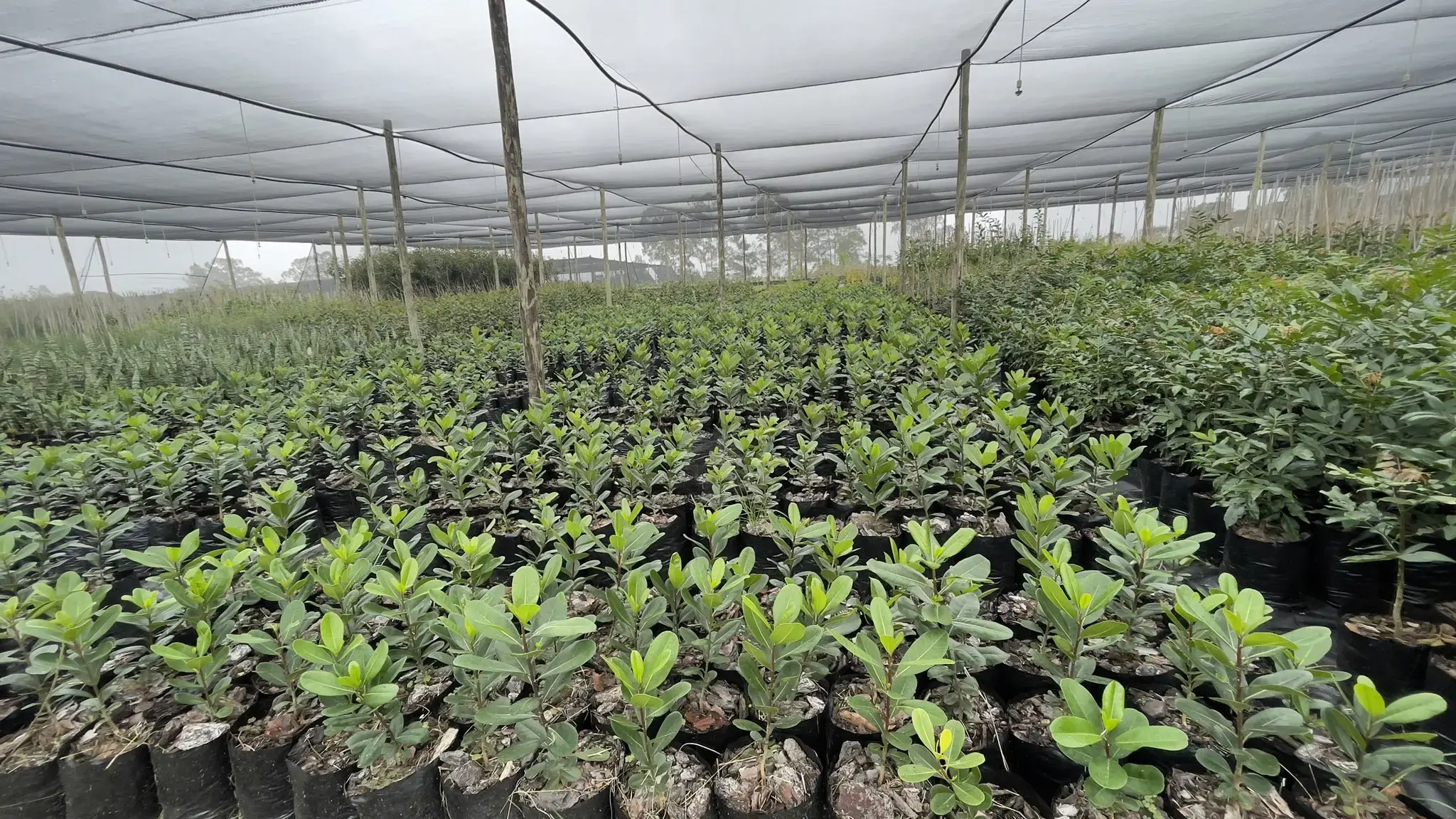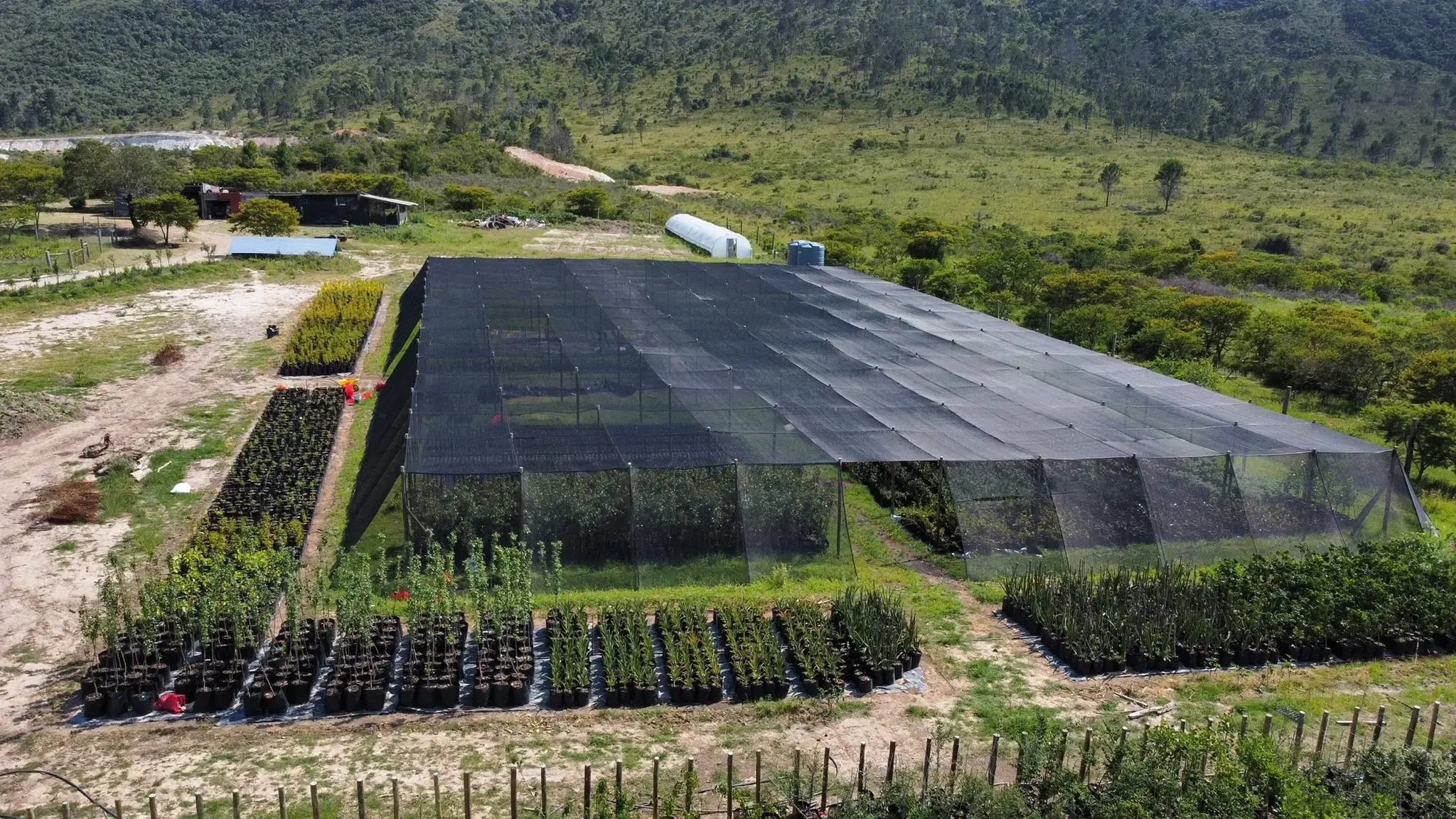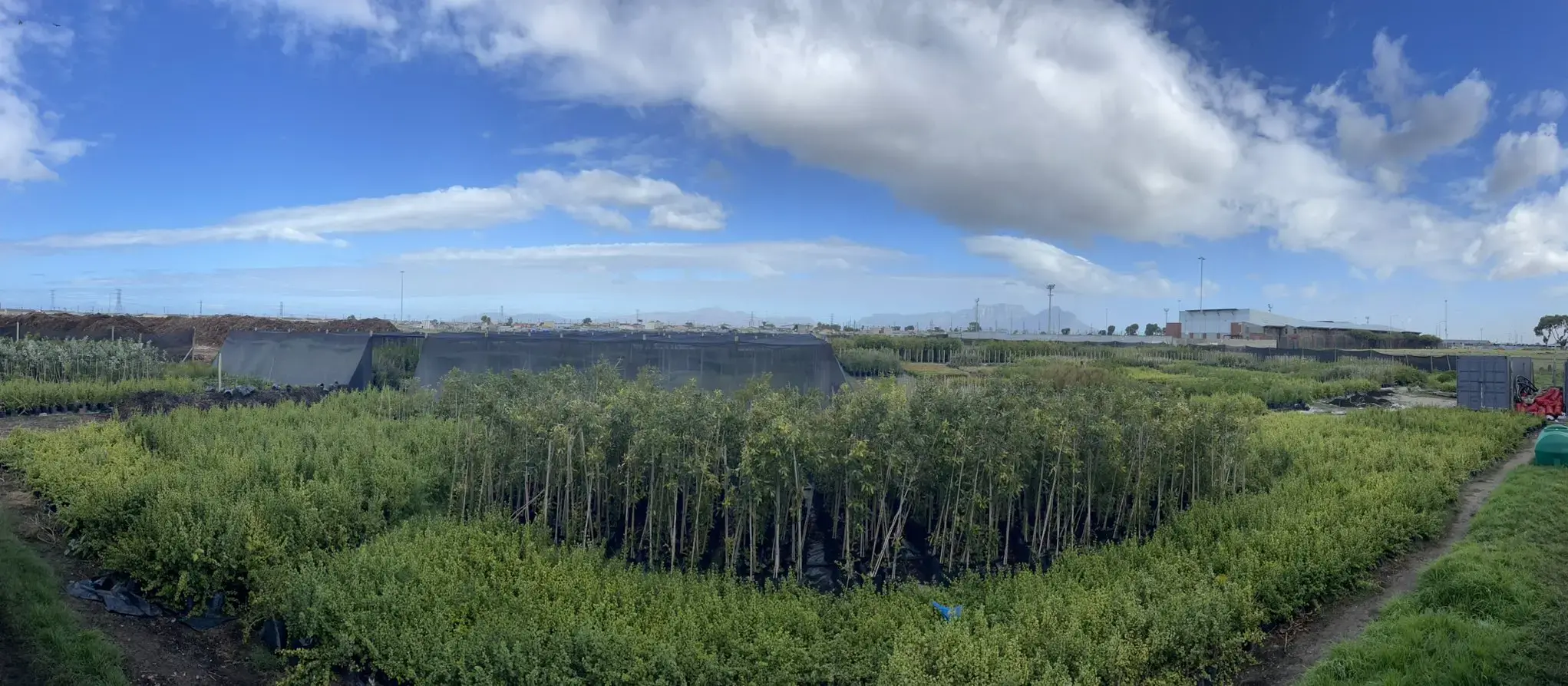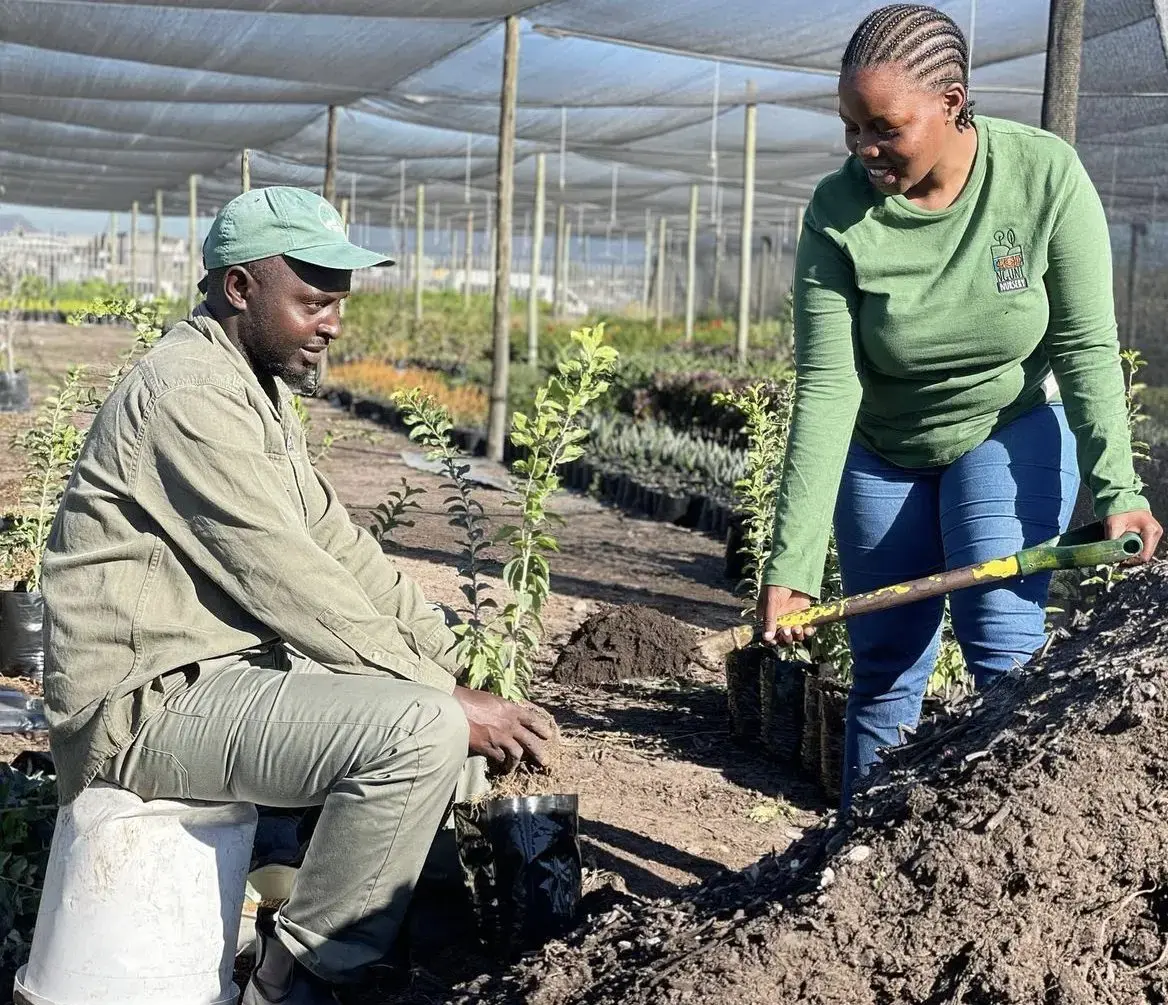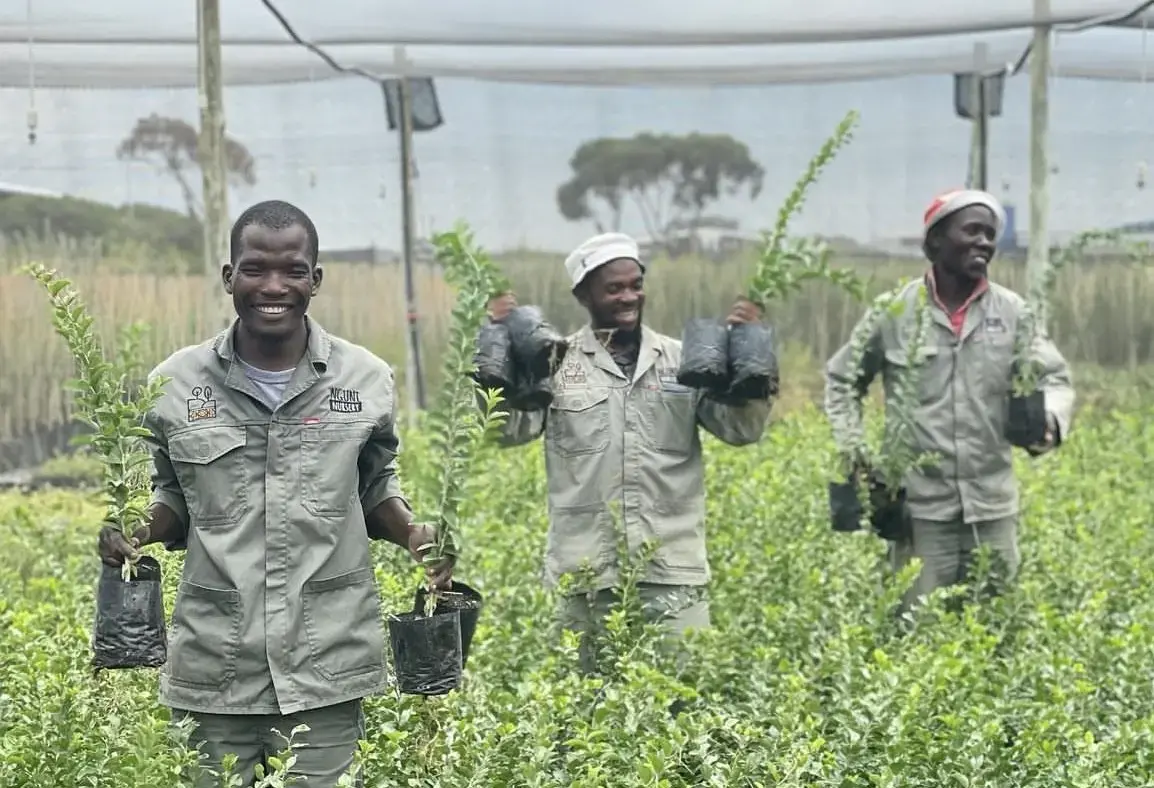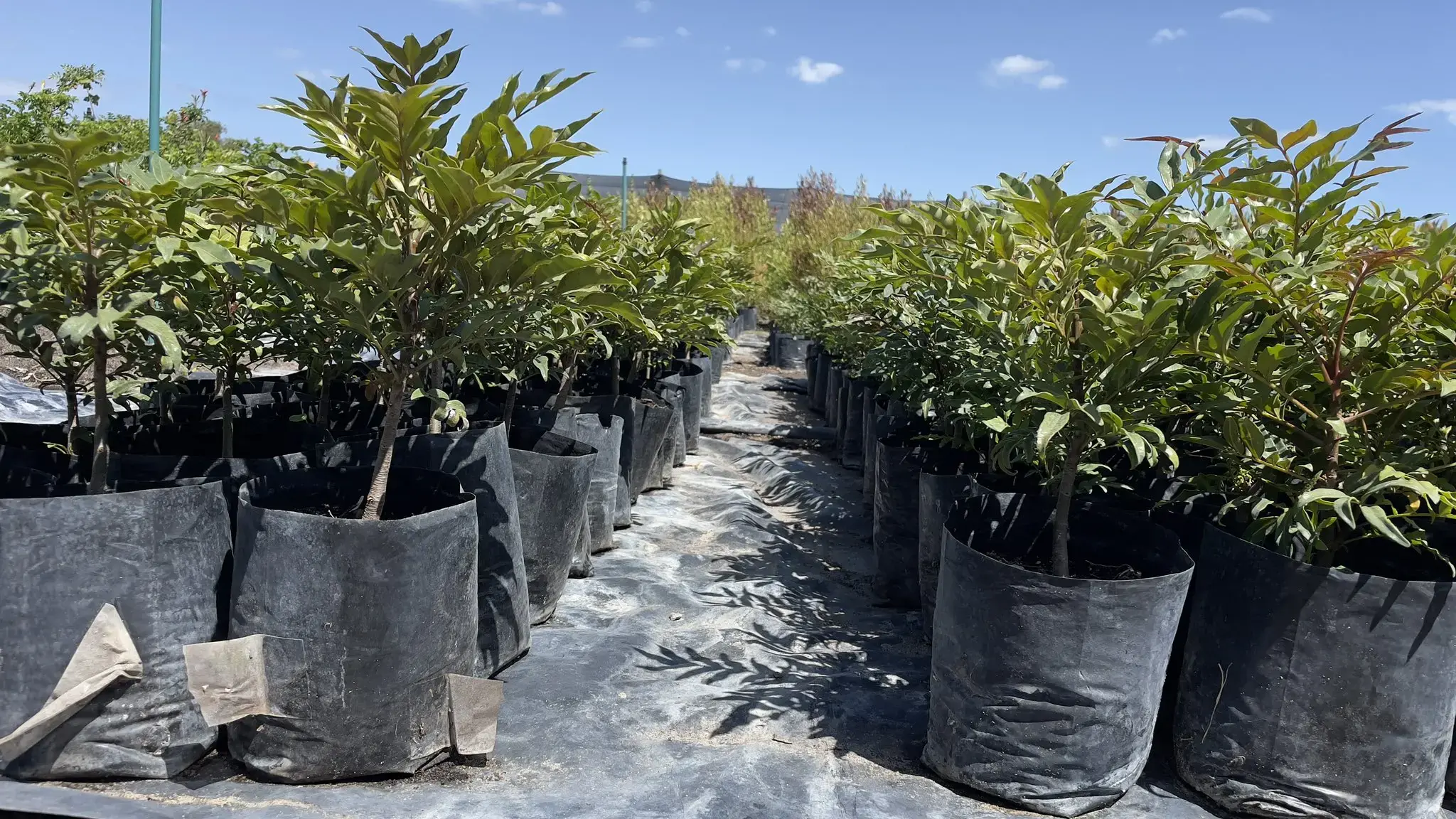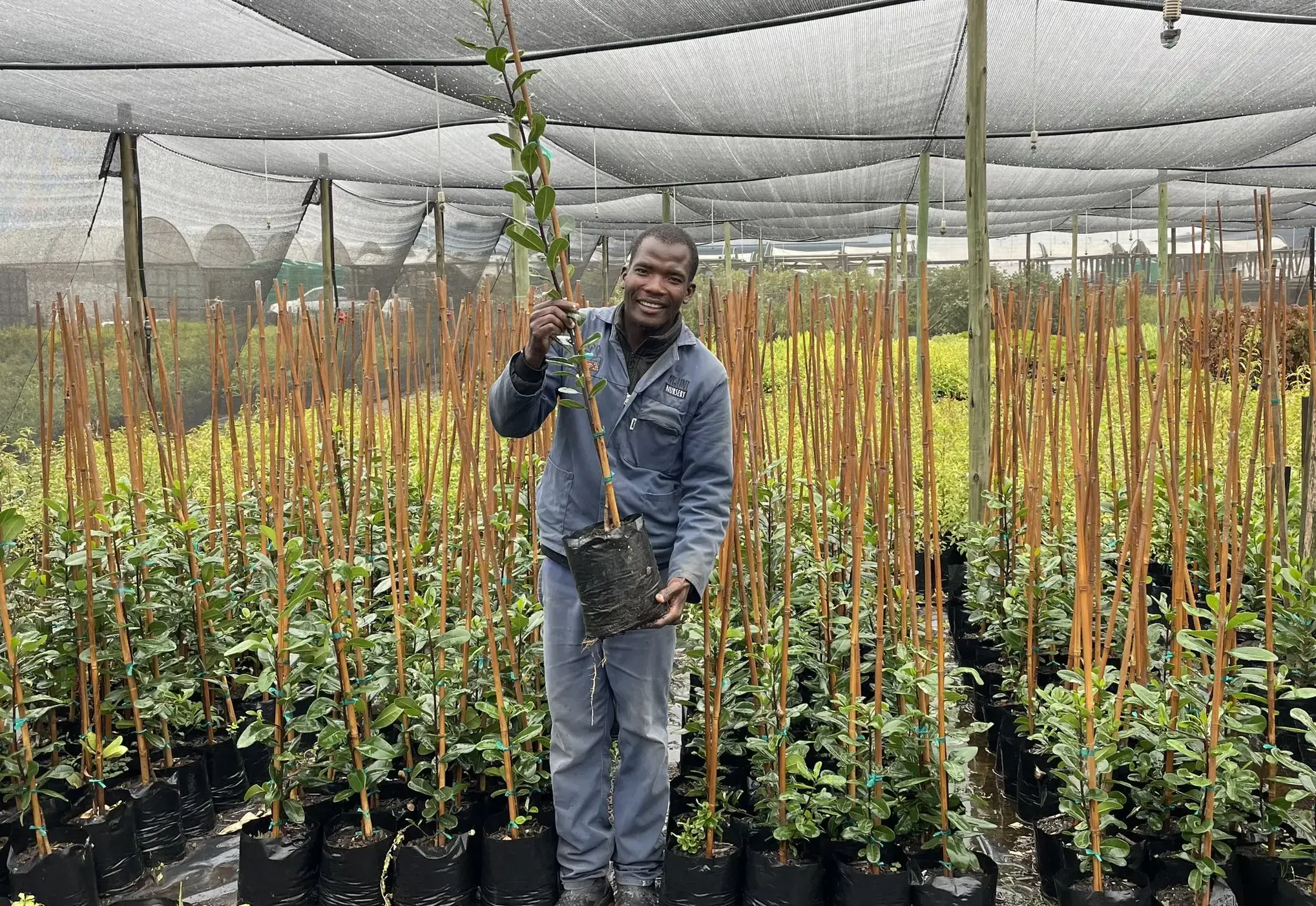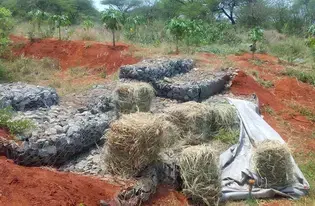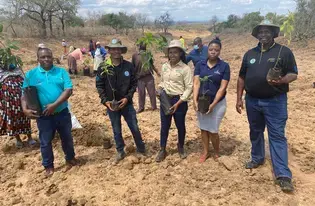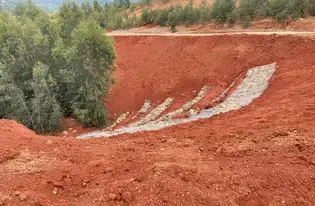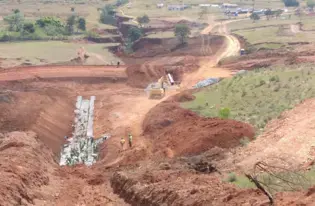As climate change continues to threaten South Africa's environment and economy, Nguni Nursery is combating the global crisis by growing tree saplings and using them to restore the environment.
Climate change is one of the world’s most pressing issues, especially in South Africa, where it could reduce agricultural yields, threaten jobs, and lower income. That damage could cost the country up to 11% of its economy by the end of the century.
Biodiversity loss, deforestation, desertification, land degradation, waste and littering, population growth and urbanization are driving environmental degradation. But Nguni Nursery is taking action to combat this pernicious trend by investing in and collaborating with young ecopreneurs.
This local business is a tree nursery in Cape Town founded in 2017 by Siyabulela Sokomani. It focuses on growing indigenous plants and tree saplings, as well as community development.
Although Cape Town is considered to be the world’s most biodiverse city, with 45,000 hectares of protected land spread across 20 nature reserves, the city still suffers from the impact of climate change. According to a risk and vulnerability assessment, the city faces low rainfall, extreme heat, and coastal erosion.
To curb this, Nguni Nursery is growing and selling tree saplings at affordable prices. The company is now the main supplier of trees in Western Cape Town and the rest of South Africa.
Nguni Nursery has collaborated with AFR100 partner One Tree Planted to plant more than 150,000 trees, representing over 30 different native species. In addition, the company has planted over 5,000 indigenous trees and plants in school campuses located in Tembisa, a low-income “township.” Nguni has shared knowledge with the students, explaining the nursery's business model and practical skills on how to plant and grow trees in a changing climate.
To expand this work and restore more land, Nguni Nursery received a low-interest loan from TerraFund for AFR100, an initiative of World Resources Institute, One Tree Planted, and Realize Impact that finances Africa's top restoration enterprises and projects. The company will grow and plant hundreds of thousands of trees on a site covered with the invasive plants that suck up the water that Cape Town’s young population desperately needs.
On its new 162-hectare property in Grahamstown, Eastern Cape, Nguni Nursery is building a six-hectare nursery to increase local forest cover from 8 to 75 hectares, all with indigenous plants. This will revive the ecosystem while creating green jobs for the community. The plan is to plant over 50 native species, which will help restore biodiversity and store carbon dioxide.
Siyabulela says that this project represents a truly restorative, science-based, and economically positive approach to benefit both the planet and people by creating jobs and entrepreneurial opportunities.
"Through this innovative project, our goal is to enhance the quality of life, and economic potential of the rural area of Grahamstown. Through activities such as organic farming, eco-tourism, and biodiversity conservation, we will achieve this objective. Additionally, we plan to establish an Eco-Entrepreneurial Hub that will offer young Africans the opportunity to learn horticultural production skills and empower them. Our focus is to involve the local youth as much as possible," says Siyabulela..
Nguni Nursery aims to restore the composition, structure, and biodiversity of the natural habitat that have been lost due to years of mining on the site. Among other things, the company also plans to raise funds for its ecological restoration project in Eastern Cape Town and to grow 1 million trees in the region in the next two years.
A happy community within a thriving environment is an essential component for the development of any nation. Nguni Nursery is testament that a green business can have a vital contribution to sustainable landscape restoration.

